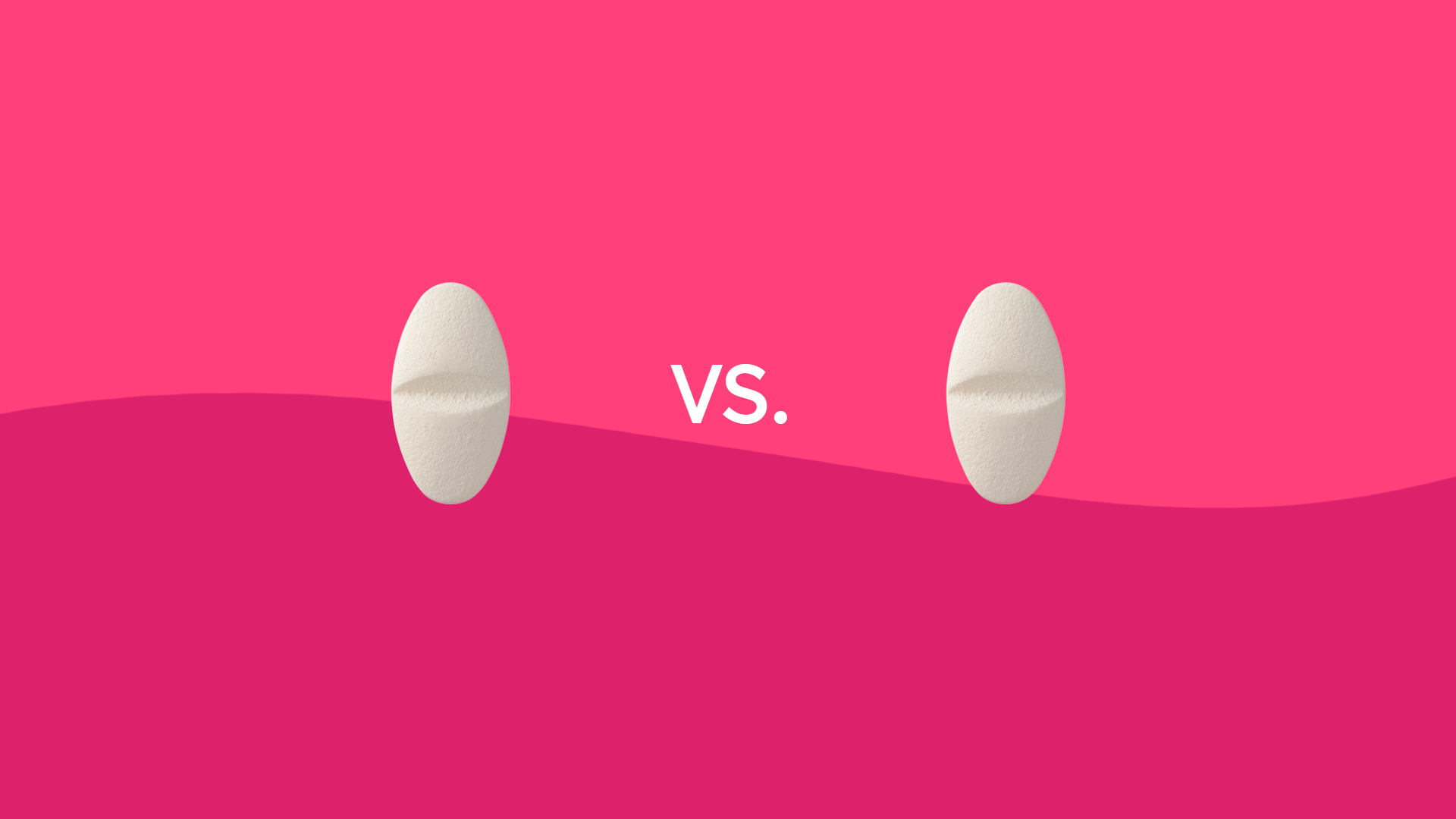which is safer diclofenac or ibuprofen Diclofenac and ibuprofen linked to significantly increased risk of
I’ve always been a little confused by the intricacies of pain relief. There are so many different types of medication out there, all of them promising to help alleviate my aches and pains, but not all of them are created equal. For instance, should I take Ibuprofen or Diclofenac? It’s a question I’ve been asking myself for years, and I’ve finally found some answers. Let’s start with Ibuprofen. This is a nonsteroidal anti-inflammatory drug (NSAID) that works by reducing inflammation and blocking pain signals. It’s available over the counter and can be taken to relieve mild to moderate pain, such as headaches, toothaches, and menstrual cramps. I usually take Ibuprofen when I have a headache or muscle soreness, and it typically kicks in pretty quickly. On the other hand, there’s Diclofenac. This is also an NSAID, but it’s a bit stronger than Ibuprofen. It’s usually prescribed for more severe pain, such as that caused by arthritis or dental procedures. Diclofenac works by reducing inflammation and pain, just like Ibuprofen, but it usually takes a little longer to take effect. Now, here’s the million-dollar question: Can you take Ibuprofen and Diclofenac together? According to the data I found, it’s generally not recommended to take these two medications together. Both drugs work in a similar way and taking them together could increase the risk of side effects, such as stomach ulcers and bleeding. However, if you’re dealing with severe pain and your doctor has prescribed both medications, it’s best to follow their instructions. In terms of side effects, both Ibuprofen and Diclofenac can cause stomach upset, dizziness, and headache. However, Diclofenac has a higher risk of causing more serious side effects, such as liver and kidney damage, compared to Ibuprofen. So, which medication should you take? It really depends on your individual circumstances. If you’re dealing with mild to moderate pain, Ibuprofen is a good option. For more severe pain, Diclofenac may be more effective, but it comes with a higher risk of side effects. It’s always best to talk to your doctor, and they can advise you on the best course of treatment for your specific condition. Overall, I hope this information has been helpful in understanding the differences between Ibuprofen and Diclofenac. Remember to always read the label and follow the instructions carefully when taking any medication. And as always, if you’re dealing with persistent or severe pain, don’t hesitate to reach out to your healthcare provider. Take care of yourselves, friends!
If you are searching about Can i take ibuprofen with diclofenac potassium, can i take ibuprofen you’ve came to the right web. We have 5 Pics about Can i take ibuprofen with diclofenac potassium, can i take ibuprofen like Diclofenac and ibuprofen linked to significantly increased risk of, Can i take ibuprofen with diclofenac sodium, can i take ibuprofen with and also Can i take ibuprofen with diclofenac sodium, can i take ibuprofen with. Read more:
Can I Take Ibuprofen With Diclofenac Potassium, Can I Take Ibuprofen
www.nephew.dkibuprofen diclofenac 75mg sodium potassium nephew
Diclofenac And Ibuprofen Linked To Significantly Increased Risk Of
 pharmaceutical-journal.comibuprofen diclofenac cardiac arrest significantly pharmaceutical
pharmaceutical-journal.comibuprofen diclofenac cardiac arrest significantly pharmaceutical
Diclofenac Vs. Ibuprofen: Differences, Similarities, And Which Is Better
 www.singlecare.comlexapro diclofenac xanax zoloft ibuprofen wellbutrin buspirone effexor metformin fosamax boniva latuda losartan atorvastatin valsartan prevacid yaz ativan trintellix viibryd
www.singlecare.comlexapro diclofenac xanax zoloft ibuprofen wellbutrin buspirone effexor metformin fosamax boniva latuda losartan atorvastatin valsartan prevacid yaz ativan trintellix viibryd
Can I Take Ibuprofen With Diclofenac Sodium, Can I Take Ibuprofen With
slsrecipes.comibuprofen diclofenac sodium slsrecipes interactions
Diclofenac Vs Ibuprofen - Drugs Details
 drugsdetails.comibuprofen diclofenac drugs differences
drugsdetails.comibuprofen diclofenac drugs differences
Can i take ibuprofen with diclofenac potassium, can i take ibuprofen. Can i take ibuprofen with diclofenac sodium, can i take ibuprofen with. Ibuprofen diclofenac drugs differences